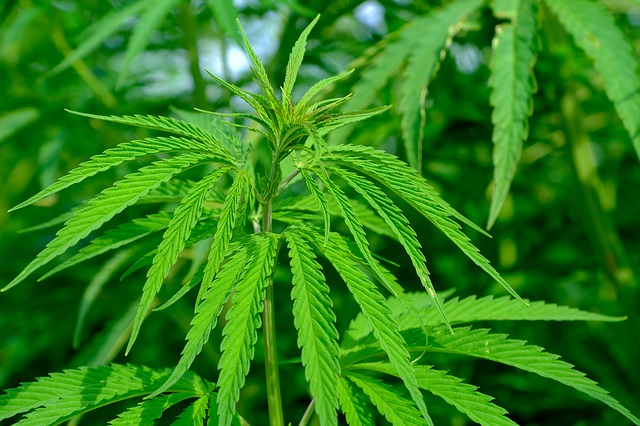“A compound found in cannabis may stop breast cancer spreading throughout the body, US scientists believe.” The California Pacific Medical Center Research Institute team are hopeful that cannabidiol or CBD could be a non-toxic alternative to chemotherapy.
Unlike cannabis, CBD does not have any psychoactive properties so its use would not violate laws, Molecular Cancer Therapeutics reports.
The authors stressed that they were not suggesting patients smoke marijuana. They added that it would be highly unlikely that effective concentrations of CBD could be reached by smoking cannabis.
CBD works by blocking the activity of a gene called Id-1 which is believed to be responsible for the aggressive spread of cancer cells away from the original tumour site – a process called metastasis.
Past work has shown CBD can block aggressive human brain cancers. The latest work found CBD appeared to have a similar effect on breast cancer cells in the lab.
Future Hope
Lead researcher Dr Sean McAllister said: “Right now we have a limited range of options in treating aggressive forms of cancer. “Those treatments, such as chemotherapy, can be effective but they can also be extremely toxic and difficult for patients.
“This compound offers the hope of a non-toxic therapy that could achieve the same results without any of the painful side effects.”
Dr Joanna Owens of Cancer Research UK said: “This research is at a very early stage. “The findings will need to be followed up with clinical trials in humans to see if the CBD is safe, and whether the beneficial effects can be replicated.
“Several cancer drugs based on plant chemicals are already used widely, such as vincristine – which is derived from a type of flower called Madagascar Periwinkle and is used to treat breast and lung cancer. It will be interesting to see whether CBD will join them.”
Maria Leadbeater of Breast Cancer Care said: “Many people experience side-effects while having chemotherapy, such as nausea and an increased risk of infection, which can take both a physical and emotional toll.
“Any drug that has fewer side-effects will, of course, be of great interest.” But she added: “It is clear that much more research needs to be carried out.”






